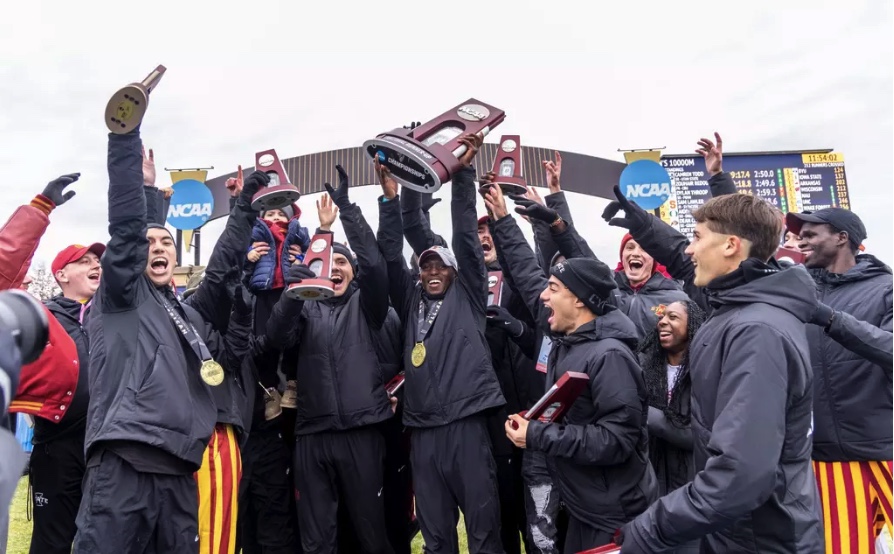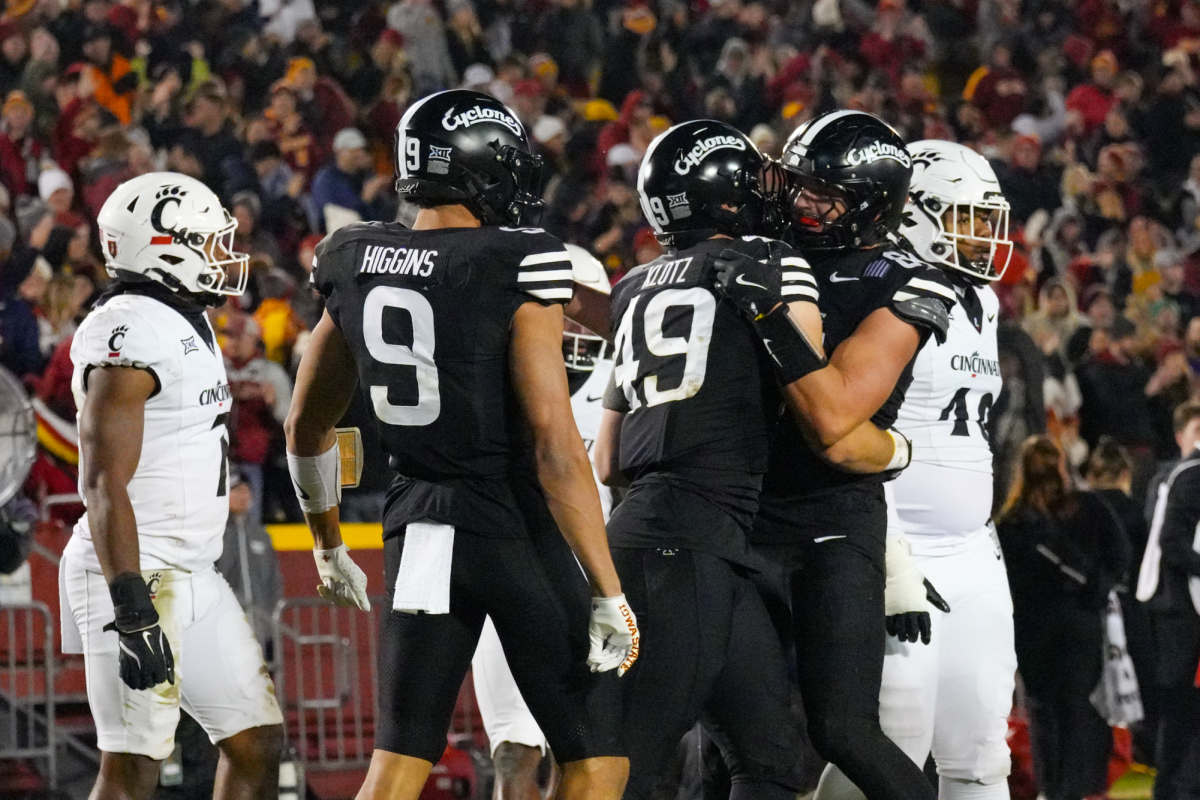LETTER:Winters, Calef both misinterpret law
January 17, 2002
Both Mr. Winters and Mr. Calef, writing in Tuesday’s Daily, show a fundamental misunderstanding regarding the law on the interplay among religion, discrimination, and the First Amendment.
Mr. Winters compares the play “Corpus Christi” to a play that bashes homosexuals or a racial group. This analogy holds no water once the first precepts of Corpus Christi are understood. The play is a critique and contemporary interpretation of the Jesus Christ historical myth. Far from being a bash-fest toward Christians today, the story plays on the foundation of their belief structure in an unapologetically innovative away that makes the audience reexamine their ideas in a new light.
He later makes the erroneous claim that since the venue exists through public money, performing a play that in his opinion is offensive is somehow unlawful discrimination. This is akin to claiming that when a city permits a gay pride parade, they are engaging in discrimination towards people that find this offensive. He forgets that people are free to ignore the parade, protest it peaceably, or hold a parade of their own. Contrary to what the offended party always believes, the First Amendment was created to preserve this disagreement and discourse.
Mr. Calef makes a similar error when he claims that New York City is violating the First Amendment rights of Catholic-run hospitals under rules that would stop sending Medicaid recipients to hospitals that didn’t provide tubal ligations and abortion training.
Nowhere does the city preclude Catholics from holding absurd beliefs that tubal ligations are immoral. The government is merely using its right to apportion money in a way to encourage these hospitals to provide needed services in the pursuit of social health and welfare. These Catholics are free to maintain their convictions, at the cost of some federal Medicaid funding. Religion is free, but the government has no obligation to support it.
The First Amendment’s clause regarding religion ensures that believers can practice in private without fear of reprisal. However, the jurisdiction of law surely applies when this extends beyond a personal practice into the public domain, such as public venues for plays and health care.
You have the right to hold any set of beliefs, no matter how contradictory, dangerous, or just plain wacky. Beyond the personal sphere, though, the religious have to play by the same rules as the rest of us.
Dan Skinner
Junior
Mathematics






